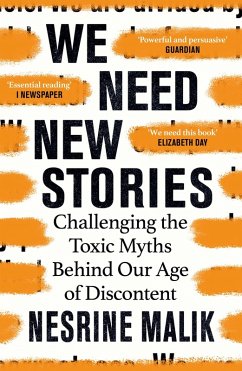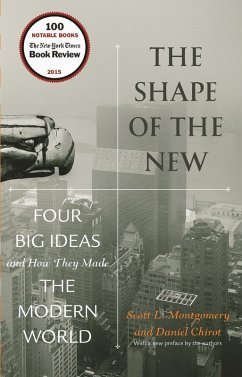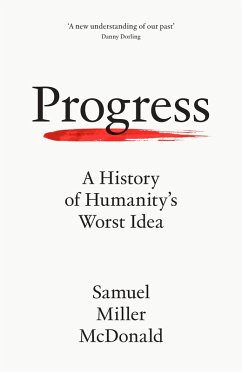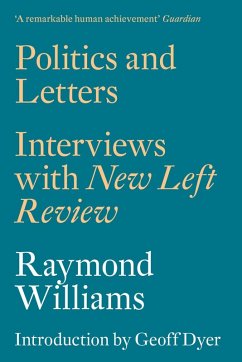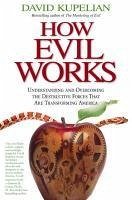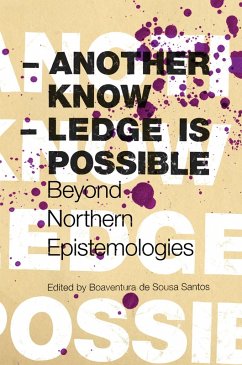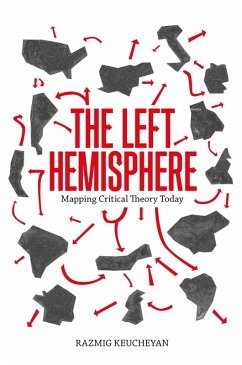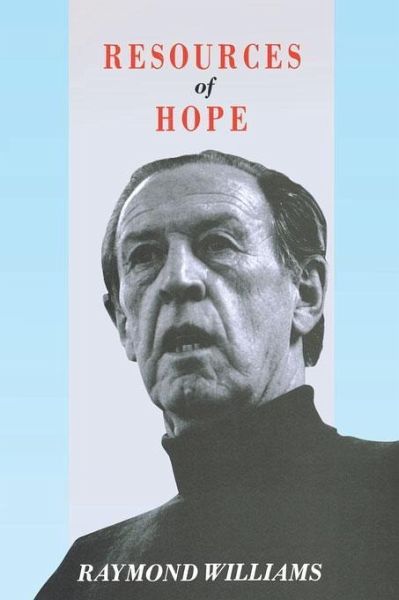
Resources of Hope (eBook, ePUB)
Culture, Democracy, Socialism
Redaktion: Gable, Robin
Versandkostenfrei!
Sofort per Download lieferbar
16,95 €
inkl. MwSt.
Weitere Ausgaben:

PAYBACK Punkte
8 °P sammeln!
Raymond Williams possessed unique authority as Britain's foremost cultural theorist and public intellectual. Informed by an unparalleled range of reference and the resources of deep personal experience, his life's work represents a patient, exemplary commitment to the building of a socialist future.This book brings together important early writings including "Culture is Ordinary," "The British Left," "Welsh Culture" and "Why Do I Demonstrate?" with major essays and talks of the last decade. It includes work on such central themes as the nature of a democratic culture, the value of community, G...
Raymond Williams possessed unique authority as Britain's foremost cultural theorist and public intellectual. Informed by an unparalleled range of reference and the resources of deep personal experience, his life's work represents a patient, exemplary commitment to the building of a socialist future.
This book brings together important early writings including "Culture is Ordinary," "The British Left," "Welsh Culture" and "Why Do I Demonstrate?" with major essays and talks of the last decade. It includes work on such central themes as the nature of a democratic culture, the value of community, Green socialism, the nuclear threat, and the relation between the state and the arts. Here too, collected for the first time, are the important later political essays which undertake a thorough revaluation of the principles fundamental to the idea of socialist democracy, and confirm Williams as a shrewd and imaginative political theorist. In a sober yet constructive assessment of the possibilities for socialist advance, Williams-in the face of much recent intellectual fashion-powerfully reasserts his lifelong commitment to "making hope practical, rather than despair convincing."
This valuable collection confirms Raymond Williams as a thinker of rare versatility and one of the outstanding intellectuals of our century.
This book brings together important early writings including "Culture is Ordinary," "The British Left," "Welsh Culture" and "Why Do I Demonstrate?" with major essays and talks of the last decade. It includes work on such central themes as the nature of a democratic culture, the value of community, Green socialism, the nuclear threat, and the relation between the state and the arts. Here too, collected for the first time, are the important later political essays which undertake a thorough revaluation of the principles fundamental to the idea of socialist democracy, and confirm Williams as a shrewd and imaginative political theorist. In a sober yet constructive assessment of the possibilities for socialist advance, Williams-in the face of much recent intellectual fashion-powerfully reasserts his lifelong commitment to "making hope practical, rather than despair convincing."
This valuable collection confirms Raymond Williams as a thinker of rare versatility and one of the outstanding intellectuals of our century.
Dieser Download kann aus rechtlichen Gründen nur mit Rechnungsadresse in A, D ausgeliefert werden.




